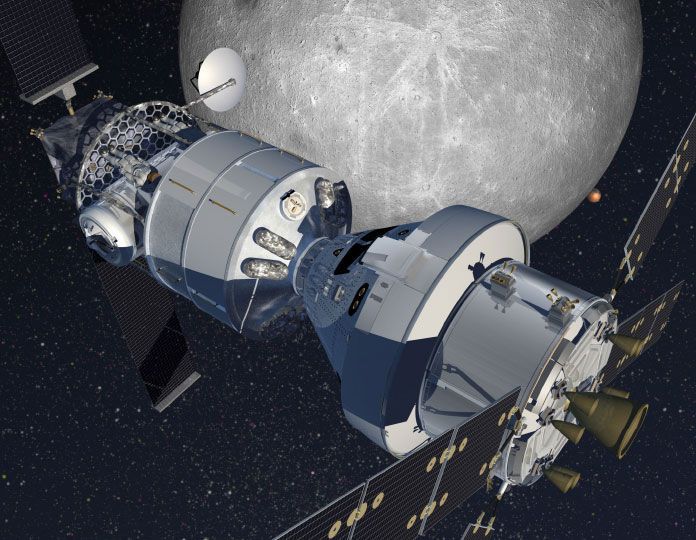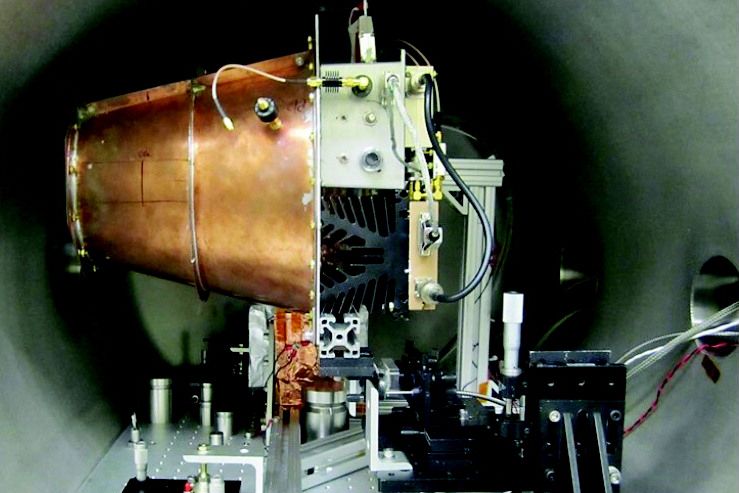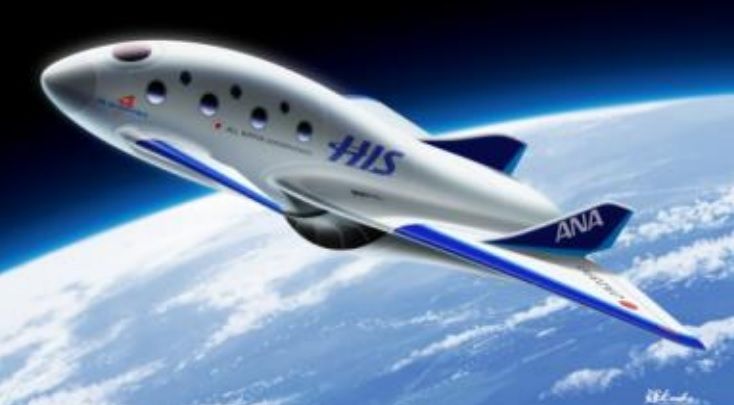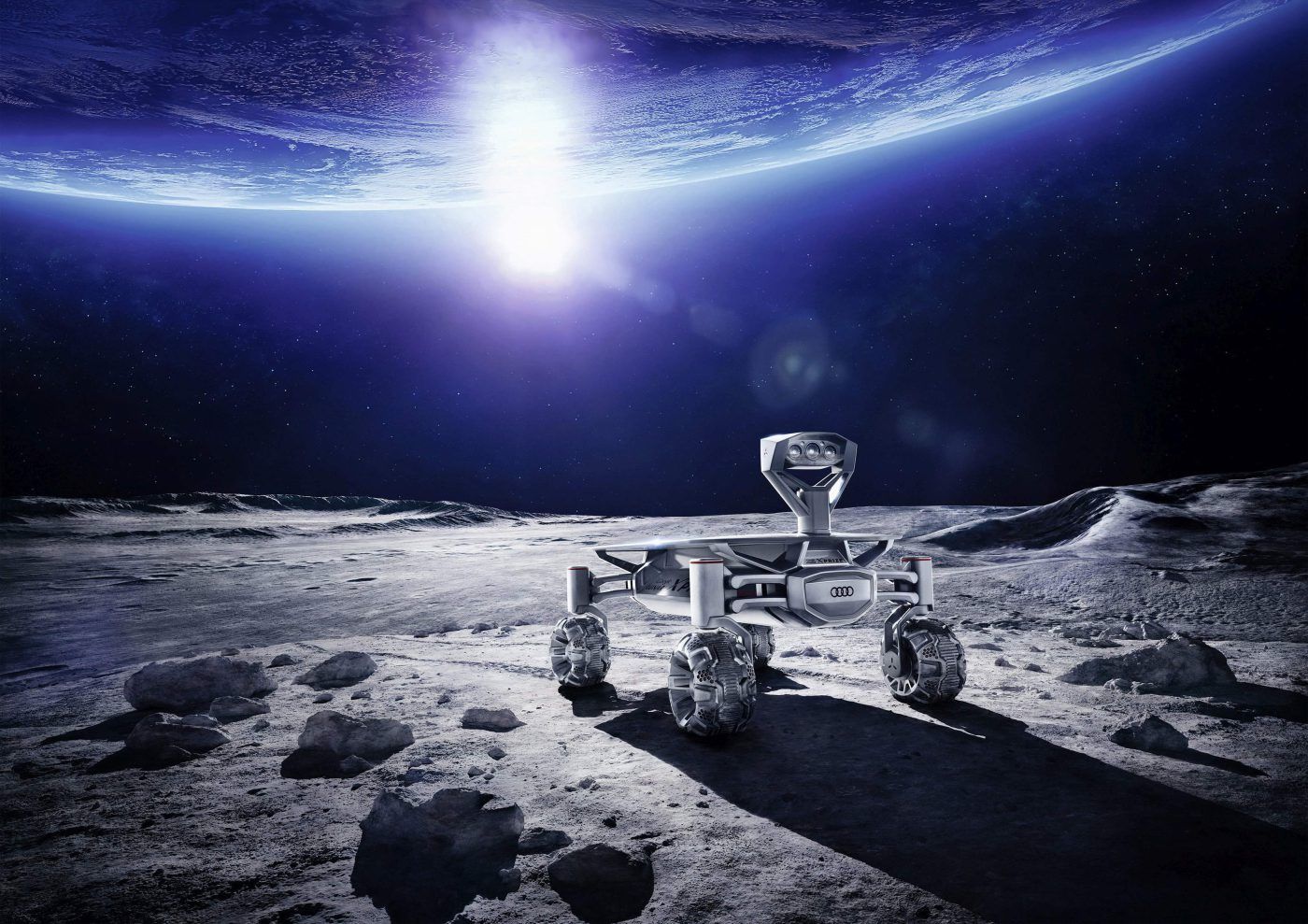A series of new images reveals the most detailed glimpse yet at Fyodor, the Russian spacebot bound for the International Space Station. The humanoid robot lift weights, and can drive a car.
Category: space travel – Page 498


To Mars in 70 days: Expert discusses NASA’s study of paradoxical EM propulsion drive
After months of speculation and rumor, NASA has finally released its long-awaited research paper on the controversial EM Drive propulsion system. The paper was recently published in the American Institute of Aeronautics and Astronautics’ peer-reviewed Journal of Propulsion and Power. If the electromagnetic technology proves sound, it could radically change the way humans travel in space, opening up the possibility of journeys to Mars in just 70 days. But there is no shortage of skeptics who are adamant that the drive is more science fiction than science fact. Critics are quick to point out that the drive violates one of the fundamental laws of physics, namely: for every action, there is an equal and opposite reaction. With the science world abuzz in light of the recent developments, UConn Today called on engineering professor Brice Cassenti, an expert in advanced propulsion systems, to help us understand what’s happening.
Q. What is the EM Drive propulsion system and what makes it so unique?
A. An EM Drive uses electromagnetic waves (e.g., radar) to produce thrust, which is obviously something that is needed for a rocket engine. The drive consists of a truncated conical copper shell with a plastic (polyethylene) disc covering the narrow end of the truncated cone. An electromagnetic wave is induced inside the copper shell in the same manner as a microwave oven. The propulsion system is unique because the device uses no traditional fuels or propellants. Instead, in the simplest of terms, the electromagnetic waves bounce around inside the cone in a way that some say causes propulsion. In the NASA tests, a thrust of 1.2 millinewtons per kilowatt was reported for an EM Drive activated in a vacuum, which is a very, very small – but noticeable – movement. By not relying on traditional fuels, the EM Drive would make spacecrafts lighter, and eliminate the need for massive amounts of fuel currently required to launch a spacecraft to far-off destinations.


Space Warp Dynamics: The startup that’s working on sending humans to Proxima Centauri
Why is warp drive R&D so important for the future of mankind?
–> Primarily, because without “warp bubble” (warp drive) technology any random object that is “drifting” in space will easily be able to decommission/neutralize even the most robust spacecraft.
–> Without mankind first developing warp drive (“warp bubble”) technology, we will never reach places like Earth 2.0 (presumably in the Proxima Centauri star system).
https://www.facebook.com/SWarpDynamics

Japanese heavy-hitters invest lightly in PD Aerospace’s space tourism effort
PD Aerospace, a Japanese company that’s similar to Virgin Galactic in its commercial spaceflight aspirations, has picked up two high-profile investors: ANA Holdings and the H.I.S. travel agency.
In a joint statement issued Thursday, the three Japanese companies said that they agreed in October to work together on space commercialization efforts, including space travel.

Silicon Valley Startups Enter the Space Race
“The two options looked like going to work at NASA or going to work with a large corporation that was fulfilling space contracts with the government — a Boeing, a Lockheed or Northrup,” said the partner at San Francisco-based Founders Fund.
Then Elon Musk founded Space Exploration Technologies Corp. — SpaceX — and Nolan became its first intern in 2003. The internship turned into a full-time gig developing reusable Dragon capsules at SpaceX and working on rocket propulsion, giving Nolan — who now invests in space startups — a front-row seat for the “New Space” race.
Musk’s Southern California company, which raised $1 billion early this year from Google and others at a $10 billion valuation, dramatically cut the cost of launching a space mission from $1 billion down to tens of millions.

SpaceX Set To ship Audi To The Moon
Audi are joining the electric car market with the Quattro e-tron, expected in 2018, but in the meantime, they have revealed they expect SpaceX to ferry a special vehicle to the moon for them.

Also Check: Jaguar join the electric car market.

NASA’s EMDrive And The Quantum Theory Of Pilot Waves
There has been a lot of digital ink spilled over the recent paper on the reactionless thrust device known as the EMDrive. While it’s clear that a working EM Drive would violate well established scientific theories, what isn’t clear is how such a violation might be resolved. Some have argued that the thrust could be an effect of Unruh radiation, but the authors of the new paper argue instead for a variation on quantum theory known as the pilot wave model.
One of the central features of quantum theory is its counter-intuitive behavior often called particle-wave duality. Depending on the situation, quantum objects can have characteristics of a wave or characteristics of a particle. This is due to the inherent limitations on what we can know about quanta. In the usual Copenhagen interpretation of quantum theory, an object is defined by its wavefunction. The wavefunction describes the probability of finding a particle in a particular location. The object is in an indefinite, probabilistic state described by the wavefunction until it is observed. When it is observed, the wavefunction collapses, and the object becomes a definite particle with a definite location.
While the Copenhagen interpretation is not the best way to visualize quantum objects it captures the basic idea that quanta are local, but can be in an indefinite state. This differs from the classical objects (such as Newtonian theory) where things are both local and definite. We can know, for example, where a baseball is and what it is doing at any given time.